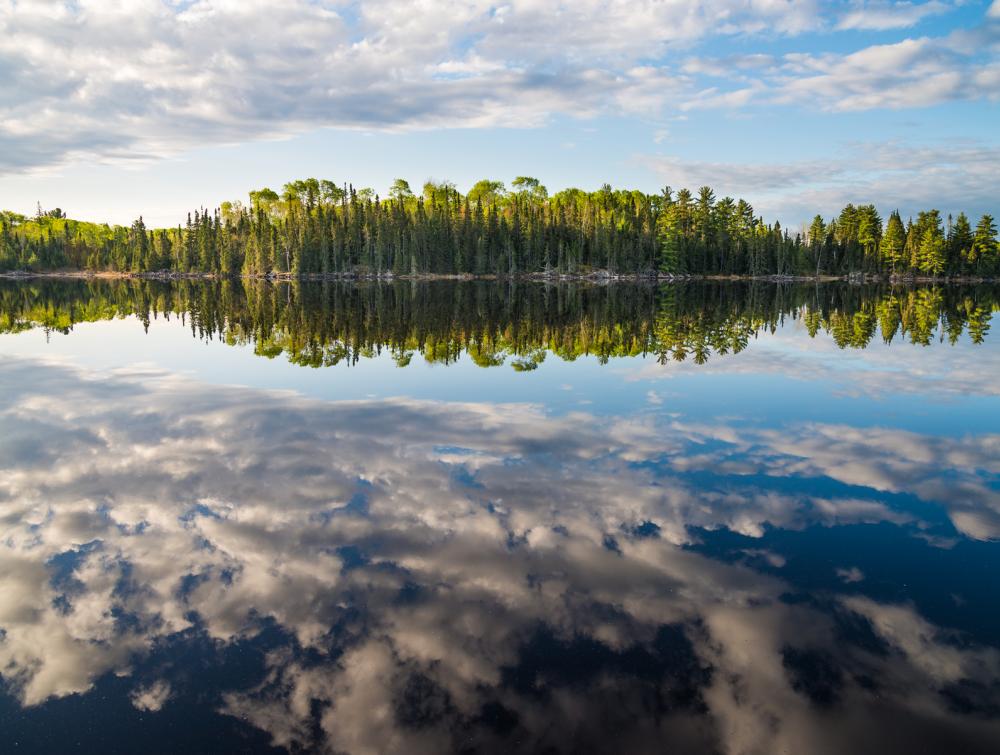Bill Would Permanently Protect Beloved Boundary Waters Canoe Area Wilderness

Boundary Waters Canoe Area Wilderness, MN
Erik Fremstad
The Boundary Waters Wilderness Protection and Pollution Prevention Act would bar destructive mineral leasing in pristine watershed
Today, Representative Betty McCollum (D-Minnesota) reintroduced The Boundary Waters Wilderness Protection and Pollution Prevention Act. This legislation would permanently withdraw more than 234,000 acres of the Superior National Forest, which is upstream from the Boundary Waters Canoe Area Wilderness, from new sulfide-ore copper mining leases. The legislation was first introduced in the 116th Congress.
In response to the bill introduction, The Wilderness Society released the following statement from Drew McConville, Senior Director of Government Relations:
“The Wilderness Society strongly applauds the introduction of The Boundary Waters Wilderness Protection and Pollution Prevention Act, and we are hopeful that the Senate will take quick action to introduce companion legislation.
The threat of proposed sulfide-ore copper mines risks permanent damage to this sensitive landscape that has benefitted the lives of millions of people across the nation. The science is clear - the headwaters of the Boundary Waters is no place for America’s most polluting industry.”
The Boundary Waters Canoe Area Wilderness is the nation’s most visited Wilderness area. The land is home to a pristine watershed and wildlife like grey wolves, black bears and walleye. What’s more, the greater Boundary Waters region is part of the ancestral homeland of the Anishinaabe people (or Ojibwe/Chippewa) who have stewarded these vibrant and culturally significant landscapes for generations and retain treaty rights to hunt, fish, and harvest culturally significant wild rice in its thriving lands and waters. This landscape draws recreationists from all walks of life to canoe, fish, hunt, hike, camp and, thereby, stimulate more than $77 million in annual economic activity for the regional tourism, hospitality, and recreation industries.
Recently, Minnesota Senator Tina Smith sent a letter to the Biden Administration urging federal agencies to initiate a mineral segregation to pause new leasing and complete an Environmental Assessment previously halted by the Trump Administration. That assessment would evaluate the impacts of sulfide-ore copper mining in the Rainy River Watershed within the Superior National Forest upstream of the Boundary Waters and serve as a basis for considering watershed protections through administrative action. The Wilderness Society strongly supports this request.
CONTACT:
Jen Parravani, The Wilderness Society
(202) 601-1931 | jparravani@tws.org
